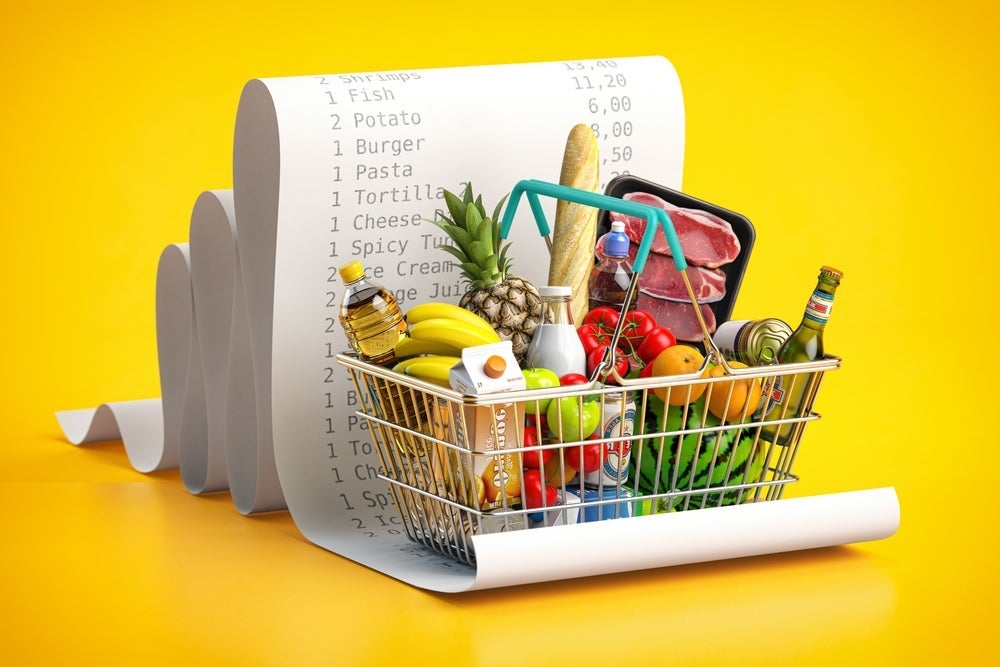Obama-Era Economist Warns Of Spiralling Price As Trump Proposes To Deport Millions Of Illegal Immigrants: 'We Wouldn't Run Out Of Food, But…'

Betsey Stevenson, a former chief economist during the 44th U.S. President Barack Obama administration, cautioned about potential food inflation if undocumented immigrant farm workers are deported. Her comments came in response to concerns raised by Robert Zubrin.
What Happened: Stevenson, who served on President Obama’s Council of Economic Advisers, stated, “We wouldn’t run out of food, but food inflation will increase.” Stevenson is currently an academic economist at The University of Michigan.
Stevenson’s warning was a response to Zubrin, an American aerospace engineer and author, who highlighted that “Forty percent of all American farm workers are undocumented immigrants. [Former President Donald) Trump wants to get rid of them. What will you eat when the people who feed you are gone?”
At a campaign rally in Wisconsin yesterday, Trump outlined his plans for large-scale deportation of border-crossers. He claimed that in Colorado, certain areas are being overtaken by gang activity, describing the situation as a “bloody story” that would ensue from their removal.
Trump criticized the lack of thorough vetting for those who entered the country, asserting that they should never have been allowed in.
In April, Trump told Time that he would focus on deporting between 15 million and 20 million individuals whom he claims are undocumented in the U.S. "What’s happening to us, with probably 15 million and maybe as many as 20 million by the time Biden’s out. Twenty million people, many of them from jails, many of them from prisons, many of them from mental institutions," Trump said.
Why It Matters: The discussion around immigration policy and its economic impact is not new. Recently, Stevenson has been vocal about the importance of fact-based policy. In August, she criticized Republican vice presidential nominee J.D. Vance for spreading misinformation about tariffs and their effects on consumer prices.
Stevenson emphasized the need for accurate information in policy-making, highlighting the broader economic consequences of such policies.
In another instance, Stevenson engaged in a discussion with economist Paul Krugman about the term “unskilled labor.” Both economists argued that jobs often labeled as “unskilled” require significant human skill, challenging common perceptions and emphasizing the value of all types of labor in the economy.
Furthermore, the economic landscape has been volatile, with recent data from ADP suggesting a potential 0.5% rate cut by the Federal Reserve due to underwhelming private payroll numbers.
Lastly, the potential impact of tariffs on inflation has been a topic of concern. Last week, Goldman Sachs indicated that a victory for Vice President Kamala Harris in the upcoming election could benefit the U.S. economy while warning that tariffs imposed during the Trump administration could drive up inflation.
Last week, Trump announced a plan to ban undocumented immigrants from obtaining home mortgages. The Republican nominee for the 2024 election, argued that this measure would help reduce home prices. However, undocumented immigrants account for a small portion of U.S. home sales, with only 5,000 to 6,000 mortgages issued to them last year, according to the Urban Institute.
In April, Trump, voiced his dissatisfaction with the current immigration situation, expressing a preference for immigrants from "nice" countries like Denmark, at a high-profile fundraiser.
In June, Trump suggested granting green cards to foreign students graduating from U.S. colleges, including junior colleges. Trump proposed the idea when asked if he would support measures to attract top talent from around the world to America.
Read Next:
Image via Shutterstock
Disclaimer: This content was partially produced with the help of AI tools and was reviewed and published by Benzinga editors.
© 2024 Benzinga.com. Benzinga does not provide investment advice. All rights reserved.
Breaking news
See all






